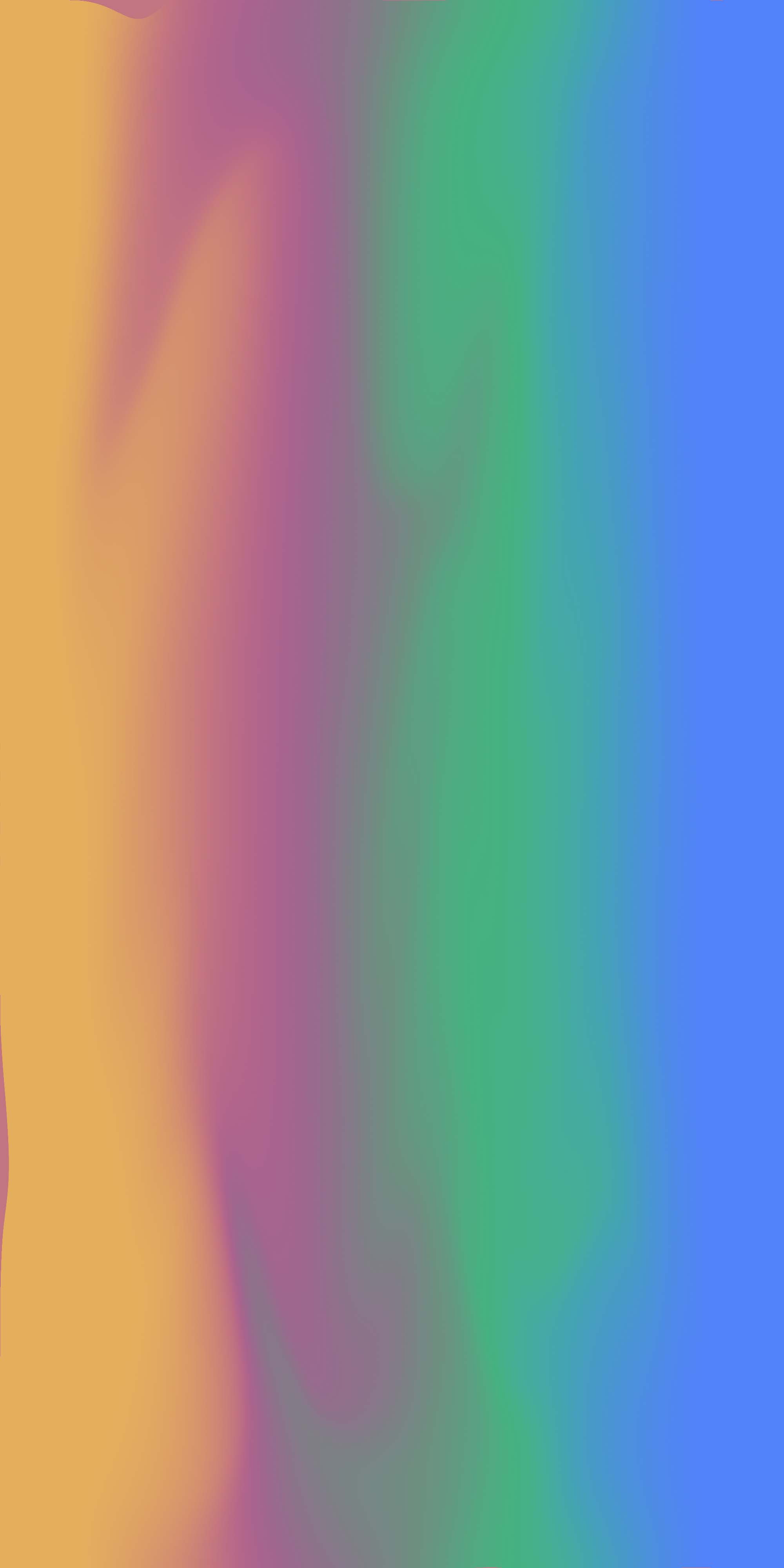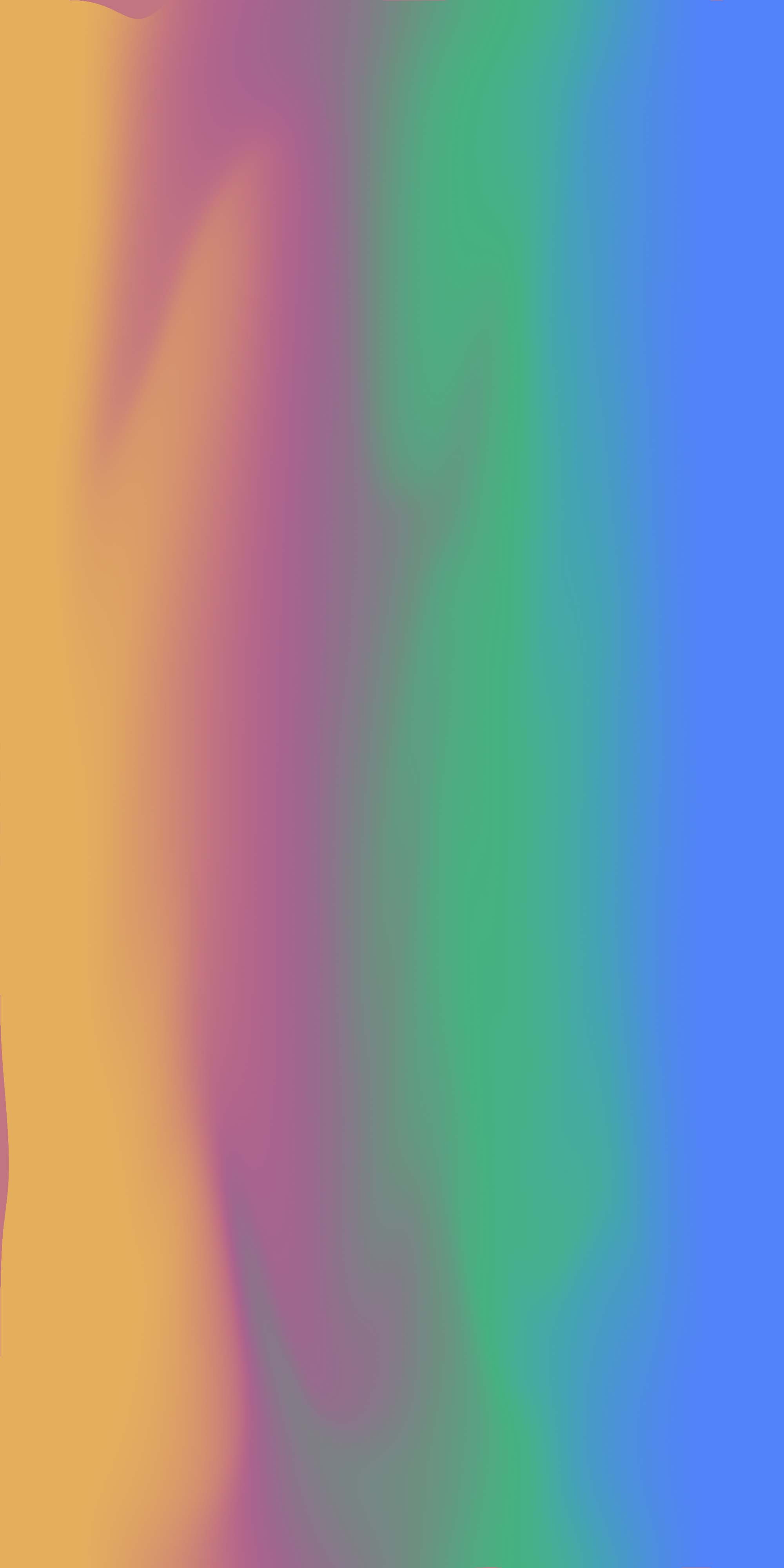Do the environmental humanities require particular kinds of translation? What are the voices that are missing from the global debate? How can we translate taking different kinds of knowledge and culture into account and by centering theories drawn from intellectual traditions with advanced understanding of both ecological practices and of devastation? This workshop will bring together scholars working on translations from the Global South in the area of the environmental humanities.
INVITED GUESTS / COLLABORATORS
Nicolas Salazar Sutil, translator of Silvia Rivera Cusicanqui's 'A Ch'ixi World is Possible' and co-founder of Guardians Worldwide
Betsy Wing, translator of Édouard Glissant and Patrick Chamoiseau, 'Manifestoes'
Chairs: Matthew Fuller and Shela Sheikh, department of Media, Communications and Cultural Studies, Goldsmiths, University of London
NICOLAS SALAZAR SUTIL
EXTRACTS FROM INDIGENOUS THOUGHT: THE PARANOIA OF KNOWLEDGE EXTRACTIVISM
I ask what the migration of Indigenous ideas into Western thinking involves for a translator, particularly when translating the work of Bolivian decolonial thinker Silvia Rivera Cusicanqui. If Rivera Cusicanqui's work is partly a translation of Indigenous ideas, how are extracts of Aymara and Kichwa thought turned into academic concepts? What does the further translation of Rivera Cusicanqui's work from Spanish to English raise at the ethical level? In other words, what makes a 'good' English translation, particularly when dealing with the further displacement of local thought into Global North contexts? The issues of epistemic extractivism and knowledge appropriation become central. Does the 'decolonial' become co-opted at some point? Does it become a comfortable slant to avoid naming injustice by its name? I ask: Why the paranoia and political correctness around speaking out Indigenous thought within White academic environments? Is indigenisation of thought even possible, or does epistemic violence and injustice committed by Western thinking prevent white university scholarship from ever overcoming its karma of mental oppression?
Nicolas Salazar Sutil is the founder and director of Guardians Worldwide, an organisation that promotes the work of forest, river and climate guardians across indigenous and non-indigenous contexts through massive online courses, placements, knowledge exchange and capacity building. Salazar Sutil is also a Senior Consultant at the Tenure Facility, an international NGO that facilitates capacity building and land tenure for Indigenous and local communities worldwide. He is the author of several books, reports and articles. He holds a PhD in Cultural Studies from Goldsmiths College. Check the upcoming course Guardians of the River here: www.riverguardians.co starting February 1st. Nicolas Salazar Sutil is the translator of Silvia Rivera Cusicanqui's "Un Mondo Ch'ixi es Posible" for the Lines Series at Bloomsbury, work supported by the Seed Box.
BETSY WING
TRACES OF CONTACT: TRANSLATION OR RELATION
I propose to give some answers about how to approach different kinds of knowledge and culture to broaden the scope of the environmental humanities. My ideas are based on Édouard Glissant’s conception of poetics as a world view. I will show the different ways in which this is enacted in works by Glissant and Patrick Chamoiseau and how it would apply to our notions of translation.
Betsy Wing is the translator of numerous books by Édouard Glissant and others. She is also a painter. Betsy Wing is the translator of "Manifestes" by Glissant and Patrick Chamoiseau for the Planetarities series at Goldsmiths Press, work supported by the Seed Box.








